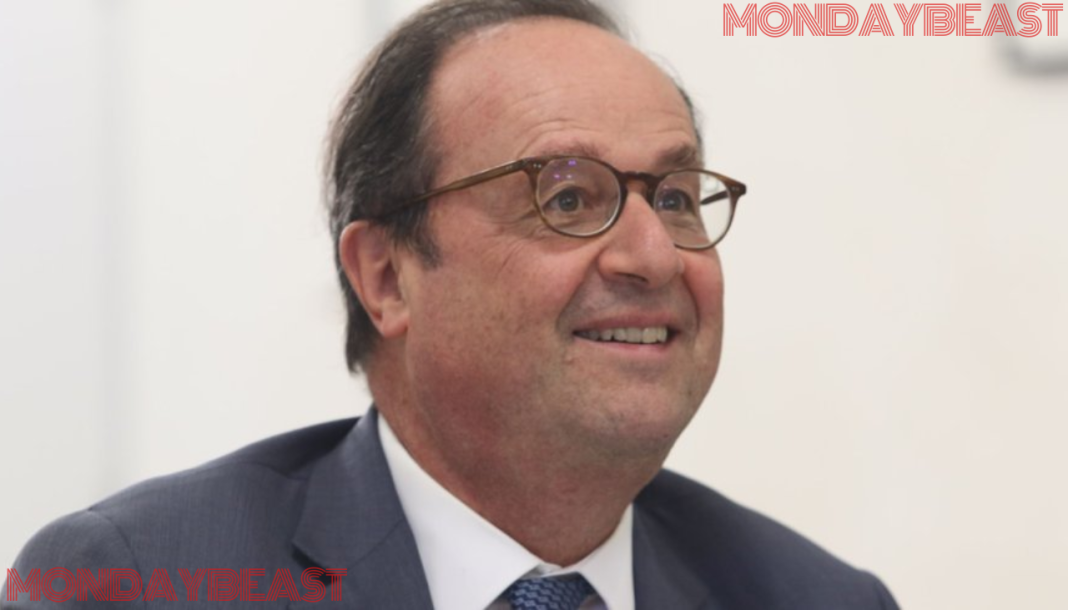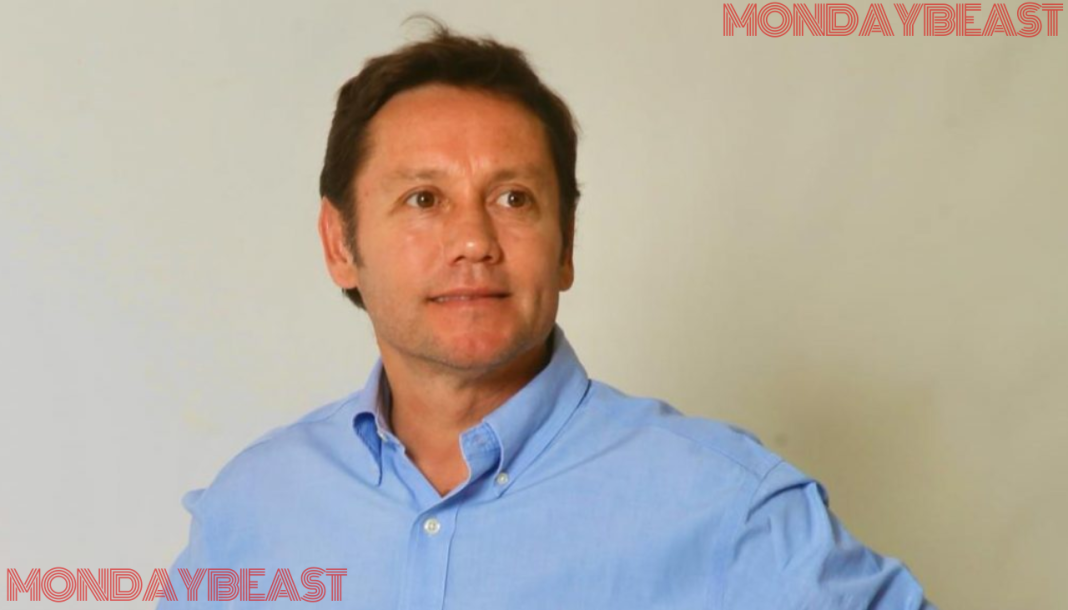The Clash Over Freedom of Speech
What does freedom of speech mean in a world fraught with turmoil? It’s a question that emerges not just in the classroom, but also in the halls of power. French political leaders are grappling with this very issue, especially as discussions heat up around a proposed law by the leftist group La France Insoumise (LFI). LFI’s initiative aims to repeal a 2014 law that penalizes the glorification of terrorism. Former President François Hollande has been vocal against it, sparking a backlash among socialists and those concerned about rising antisemitism in France.
Call for Caution from the Left
The division among leftist groups is palpable. The proposal’s backers argue that it’s an important step to safeguard civil liberties. After all, how can one express dissent without the freedom to speak? Yet, with rising antisemitic sentiments and recent violence continuing to unfold globally, the stakes feel higher. Hollande’s insistence that the current law doesn’t undermine free speech resonates with many who fear that removing it might only empower hate speech.
Hollande’s Argument: Protecting Victims
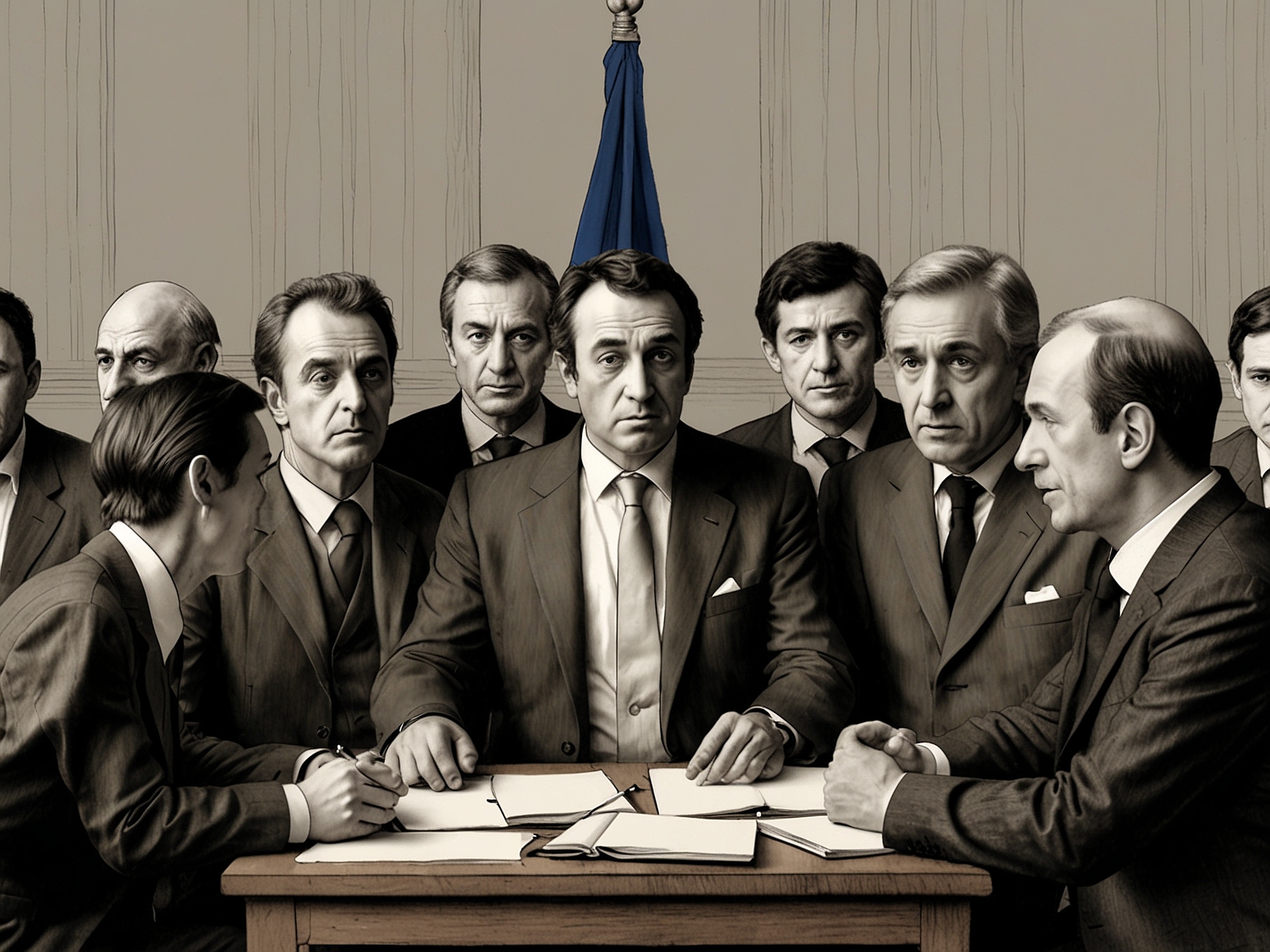
Hollande’s critique goes beyond political loyalty. He highlights the emotional toll on victims of terrorism. His point resonates deeply; some expressions seem to exploit tragedies rather than honor them. This perspective is difficult for some to digest, but it forces us to reflect on our responsibilities in using our voices. The action surrounding this proposed repeal stirs an emotional debate about safety, justice, and the essence of dialogue in a democratic society.
The Danger Lurking in Antisemitism
Bernard Cazeneuve, Hollande’s former Interior Minister, echoes similar sentiments. He cautions against using free speech as a shield for hate. The irony cuts deep: advocating for one freedom could inadvertently stifle another. How do leaders reconcile these competing values? While the LFI is keen on amplifying voices critical of violence, critics fear it may also pave the way for hate. The emotional weight of this conversation is immense, stretching back to historical grievances that no one wants to repeat.
The Broader Impact on Society
Imagine sitting in a café, overhearing a conversation spiraling into hateful rhetoric. Would a repeal of this law make such scenes more common? The fear of societal regression hangs in the air. Various factions in French society, particularly Israelis and Jews across the nation, see such discussions as dangerously provocative. It’s more than politics; it’s about safety and identity, where every word can carry heavy implications.
Where Does This Leave Us?
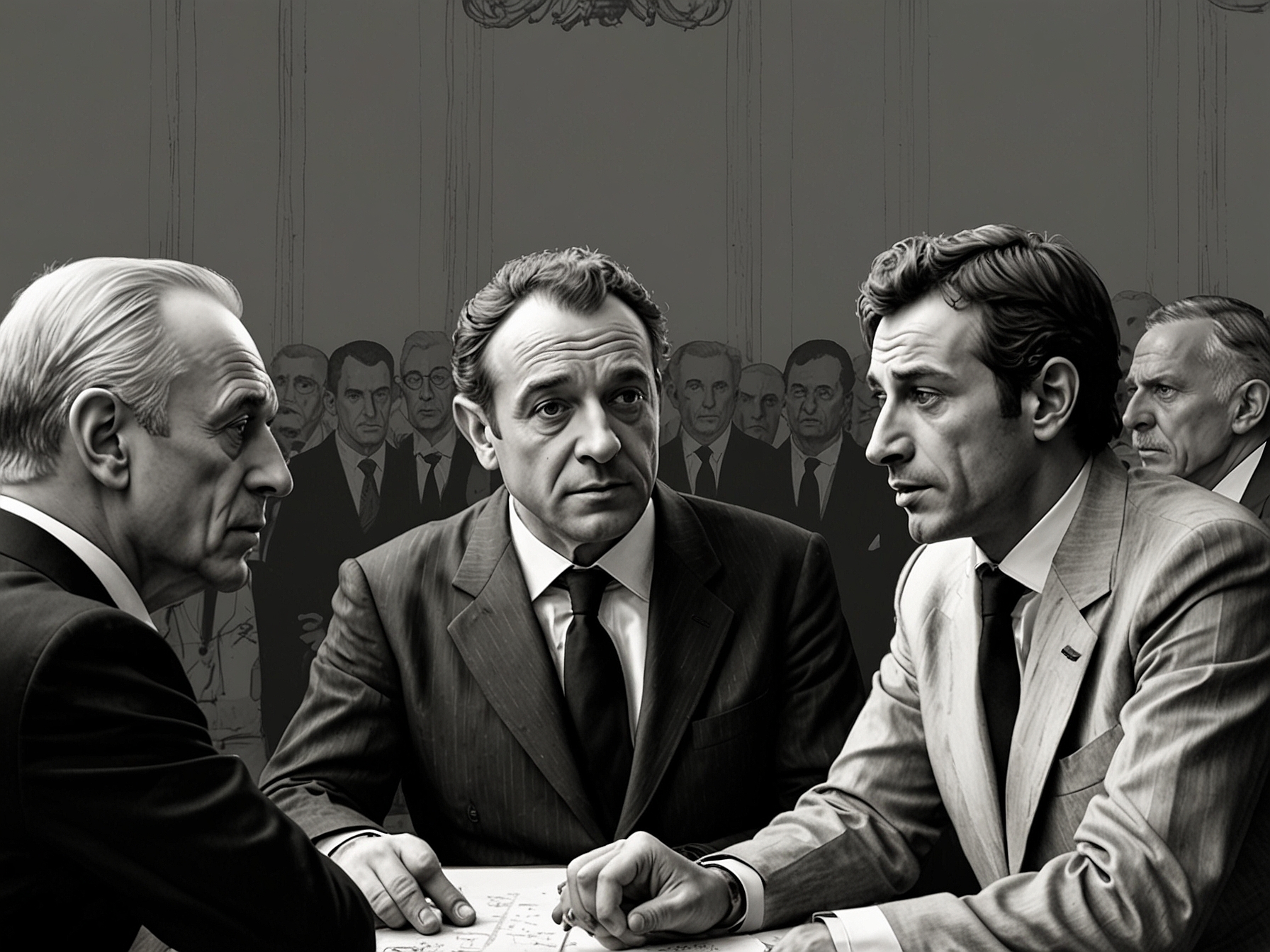
The left is fracturing. What happens when well-meaning intentions collide with the grim realities of hate and violence? The division between the Insoumis and more centrists within their party raises tensions that are felt nationwide. They urge a focus on free expression, yet the fear of inciting violence looms large.
Exploring Roots of Hate in Modern France
While discussions around freedom spark debate, they also demand introspection. What are we really trying to preserve? The idea of free speech versus the need to protect vulnerable communities is not just a political dilemma but a societal responsibility. In many ways, political leaders have become the reluctant referees in a match of ideals, all while the audience watches with bated breath.
A Need for Unity
One might wonder: can we navigate these turbulent waters without capsizing our collective ship? With voices on each side of the debate growing louder, finding common ground seems elusive. It requires patience and dialogue—two things that often feel in short supply in today’s media landscape. Getting back to a place of shared understanding may be the only way forward.
A Personal Reflection on Civic Discourse
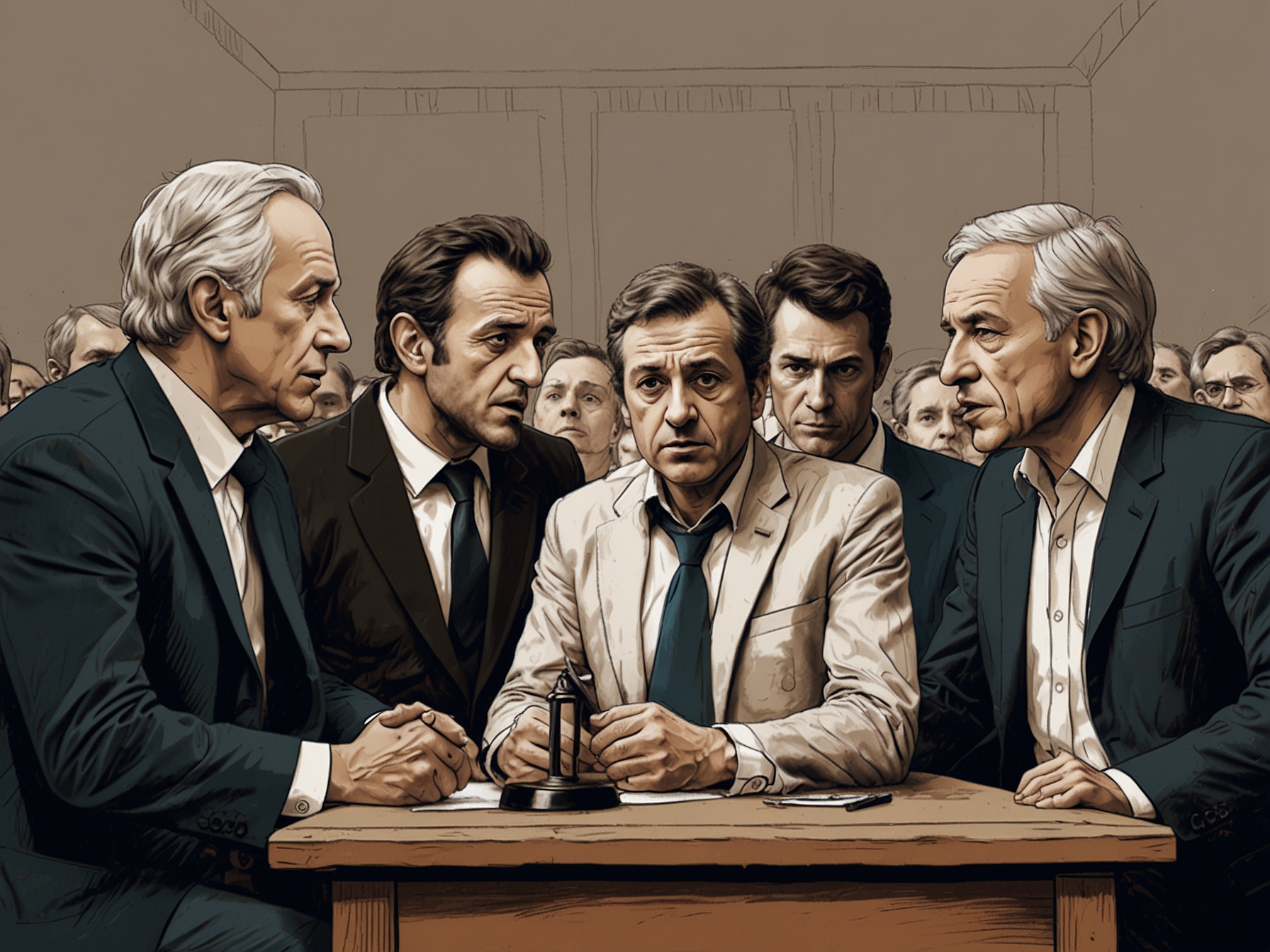
There’s a sense of urgency to this conversation. Perhaps it’s time we considered the implications of our words more seriously. Is it enough to fight for expression without considering the impact it imposes on others? As we consume the news and engage in debates, we might reflect on our own tendencies. What lines are we willing to draw in the name of freedom?
Toward a Path of Understanding
Effective communication means sometimes stepping back and listening more than we speak. None of this dialogue is easy. Yet, understanding the complexities behind the push and pull of laws can guide us toward a more cohesive society. Rather than obliterating freedoms or promoting hate, we should look toward building bridges—both in politics and in everyday life.

